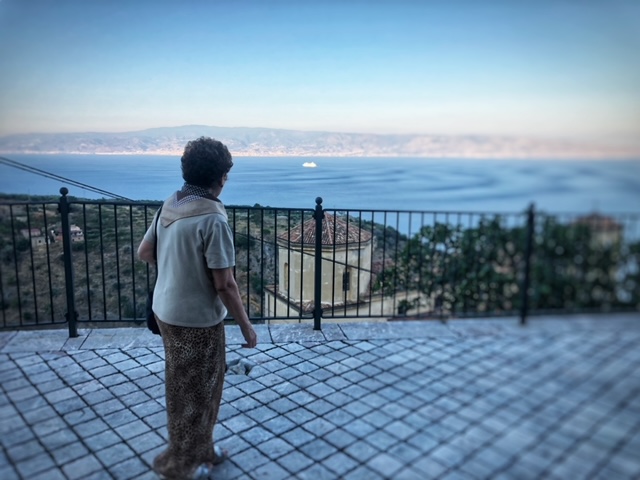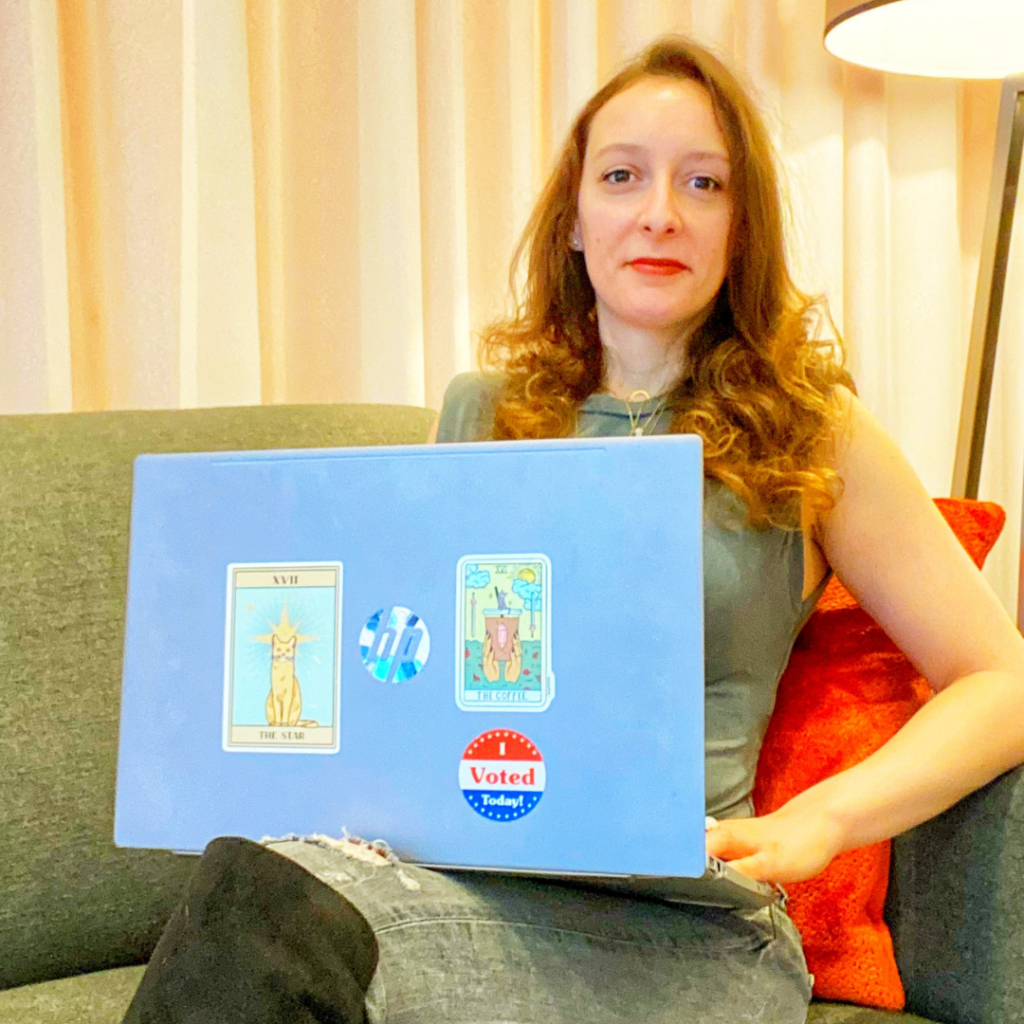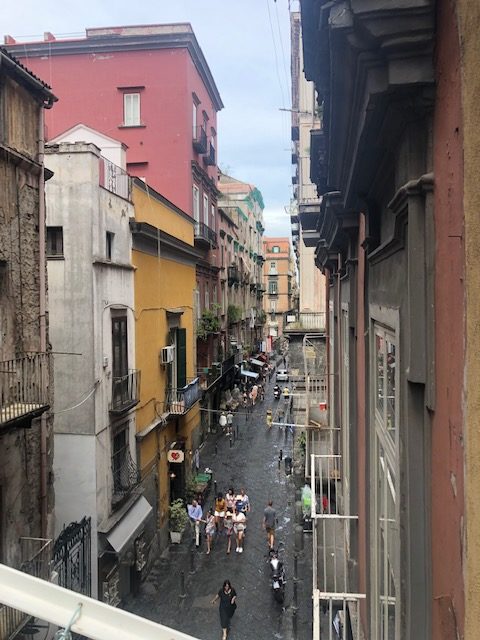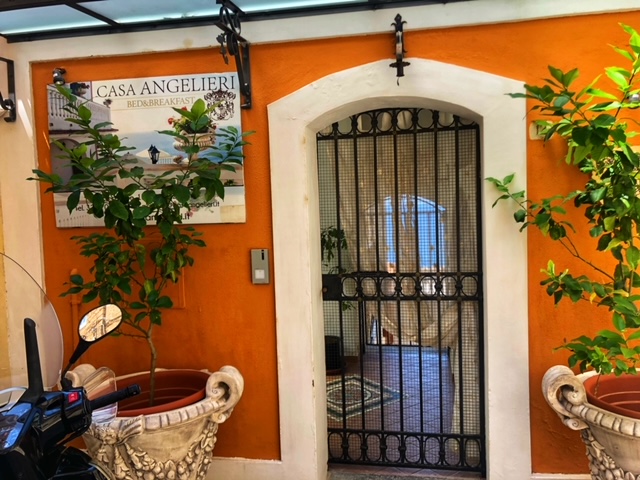
Cultural immersion is a crucial part of the travel planning process. In order to have the most meaningful trip possible, we need to be aware of the social, historical, and linguistical contexts of our destination. It is then easier to become a traveler (not a tourist), to have authentic experiences, and interact and connect with locals.
In not doing so, we become an outsider with no door to access the inside of the local community.
Let’s learn about some easy ways we can culturally immerse ourselves both before and while we are on our trip.
Tip #1: Research!
Mindful and cultural immersion travel planning requires extensive research. You want to make sure that you are considering the history, local traditions and rituals, and morals of the society.
How do we research that? Google! It is okay to use Google as a way to research your destination. Make sure that you are using reputable sources – academic resources, blogs, goverment websites, tourism boards, informational social media accounts, etc. So, there are tons of free resources out there. It will take time to find them and weed out the bad ones.

There are also many shows available on streaming services. You can watch documentary or travel series that teach you about your destination. Consider watching things both in your first language as well as the language of your destination.
It can be a long process in order to deep dive in this research. Don’t be afraid to reach out for help! Assign different parts of research to your travel buddies. Set aside X amount of hours per week to do this research. Take a class or hire a cultural immersion coach/planner to do the research for you.
Tip #2: Music
Music is an important part of many cultures. We can learn a lot about a country by listening to its music. What genres are popular? What are the origins of the traditional folk songs? We can learn a lot about the historical context, societal norms, and morals of a culture with music.
This step is fun and easy! It’s also my favorite way to culturally immerse myself anywhere I go. Almost all music streaming services provide international music searches and playlists. Google “language” + “genre” (example: Arabic pop, Japanese rock, Peruvian rap, etc.) and see what comes up. Just plug in the language of your destination to a type of music you really like and wander with music!
If you want to learn language and increase your listening comprehension, Lyrics Training is a great website to pratice. Not all languages are available. The site is also organized by music genre so you can choose a style that you like.
To view music through a cultural immersion lens, check out my Instagram page where I have a reels series called “Music Monday”.
Tip #3 : TV shows, movies, and media
TV shows and movies are another great way to get a glance of cultural mindsets, traditions, important cities, language, and more.
Keep in mind that media does not always paint an accurate picture of society. Think about the shows and movies of your culture. While they do provide some insight into what your culture is like, they can be exagerrated, inaccurate, stereotypical, or out of touch with reality.
Having said that, they’re still a great way to make cultural connections. You can see how people live, how movies and shows are produced and directed, and which are the most popular shows and movies. By Netflixing your heart away before a trip, you could actually have something to talk about with locals!
Tip #4 : Language
People always ask me, “Jess, do I need to be fluent in the language before I travel?” In short, the answer is no. You are not going to be able to be fluent in every language before each departure. There are over 6,500! You’d spend your whole life studying and practicing and never actually make it anywhere.
But – there is a key to making cultural connections, and it does involve some language.
In order to respectfully gain more access to authentic parts of your destination, it is necessary to learn a few pieces of language. As an American, native English speakers often use their language privilege to navigate the travel world. This means that most native English speakers who are monolingual use English and English only when they visit other countries.
Problems
This causes a few problems. First, it is asserting and using language privilege to the benefit of the traveler, not the locals. Next, it is perpetuating the assumption that all people in the world should speak English, which is an imperialistic view. Finally, it creates a huge barrier betweeen the locals and the visitors.

Solutions
So what can we do? Learning simply phrases like “Hi, how are you?”, “The weather is good/bad today”, “What do you like to do in your free time?” can break down the barriers between you and the local community. Especially in over-touristy areas, locals put up a defense to protect themselves. Imagine living in your hometown and outsiders coming to visit in droves.
Then, imagine that many of these visitors come up to you and only ask you if you speak their language. Once the language has been set, then they proceed to ask you how to get somewhere, how much something costs, etc.
Instead of using locals as our navigation tools, perhaps it is better to initiate conversations in their language. This places them at the center of the conversation instead of your own personal needs. You are initiating an authentic conversations, treating them feel seen as human beings instead of compasses.
Tip #5 : Locally owned lodgings
It is super tempting to use hotel points and well-known international establishments when traveling.
However, there are two main problems with this decision:
- You are giving money to corporations that are completely detached from the local community
- You are experiencing a lodging that may not necessarily have any direct connection to the local culture
Hotels are also not necessarily owned by locals, nor are do they reflect the way in which locals live. Think about your own community – how often do you stay in hotels? Probably not that frequently, since you live there.

By staying in hotels that are not locally owned, we run the risk of adding barriers between ourselves and the authentic culture of the destination.
So, where do we stay? Looking into hotels that are not corporately owned is a great way to start. Even better – opt for an apartment stay or a bed and breakfast. Both options give you one-on-one access to the property owner who is usually a local. You will have more attention paid to your needs since you are not one of many, many hotel guests.
Depending on the country and city, apartment stays and B&Bs can be a lot cheaper as well. Finally, staying in an apartment or local home will allow you to access a more authentic way of living. You can stay in an area and in a lodging that is more similar to how and where locals actually live.
In conclusion…
Cultural immersion takes work! It absolutely pays off for both the traveler and the local. It allows you to have authentic experiences, special moments and memories, and deeper, more intentful travels overall. We can better understand the community we are visiting. This makes us more mindful and respectul of the people and their culture.
So, take the time, do it right, and watch the magic happen!

